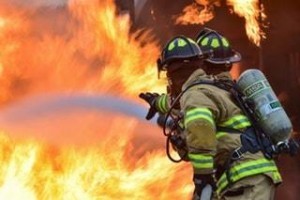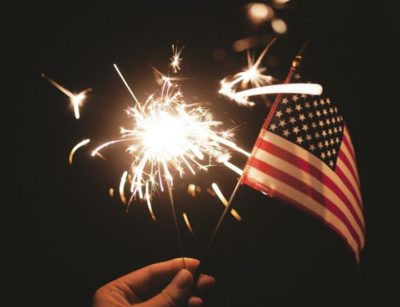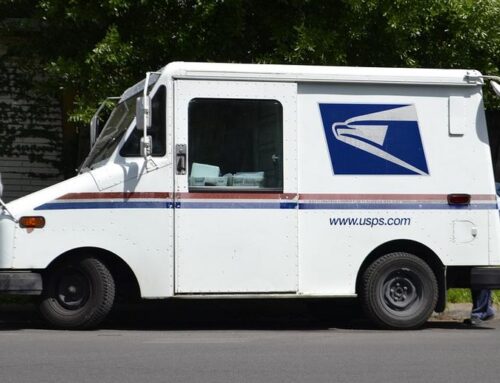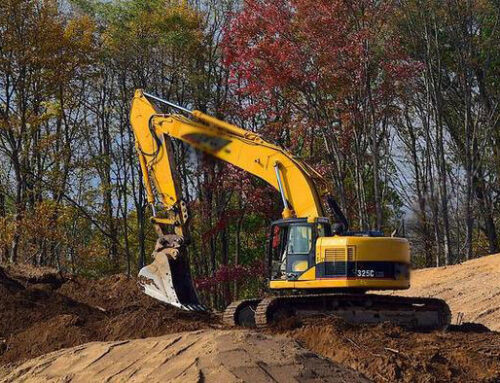The Fourth of July is celebrated because on that date in 1776 thirteen colonies on the East Coast of North America declared their independence from England. Every year since then, the United States has celebrated Independence Day on July 4, although celebrations originally took place the night before. Commonly, Americans in the 19th and 20th centuries celebrated by building enormous bonfires, which brings us to the topic of this blog, Fourth of July Safety.
While customs have changed, the tradition of launching pyrotechnics, or fireworks, actually began in 1777. Fireworks have been a part of the American way of life for more than 200 years. Since that first celebration, the American obsession with things that go boom has exploded—no pun intended. In 2015, America celebrated by collectively setting off more than 285 million pounds of fireworks. That’s roughly the same weight as 750 Boeing jumbo jets.
The vast majority of these fireworks were not launched by professional pyrotechnicians in a controlled setting. Rather, they were launched by average consumers. That’s especially impressive when you consider that most types of consumer fireworks are some degree of banned in 25 states.
Firework Accident Statistics
A primary reason for states banning consumer fireworks is the danger they pose to their users and innocent bystanders. The Fourth of July is by far the deadliest holiday in the United States. In 2013, Fourth of July fireworks alone accounted for more than 11,000 injuries—eight of them fatal. In 2014, nine people died, including two spectators. The specter of injury-by-firework made headlines when New York Giants star player Jason Pierre-Paul lost part of his hand to a firework injury on Independence Day in 2015.
But injuries resulting from explosions are not the only  threat posed by fireworks. In 2013, fireworks caused more than 15,000 fires in the United States. Between 2009 and 2013, more than a quarter of fireworks-related fires occurred on the Fourth of July. Perhaps most jarring of all, more than one third of people seen in the emergency room for fireworks-related injuries during the Fourth of July season were under 15 years old. More than a quarter of those seen in the ER were seen for injuries caused by ordinary sparklers.
threat posed by fireworks. In 2013, fireworks caused more than 15,000 fires in the United States. Between 2009 and 2013, more than a quarter of fireworks-related fires occurred on the Fourth of July. Perhaps most jarring of all, more than one third of people seen in the emergency room for fireworks-related injuries during the Fourth of July season were under 15 years old. More than a quarter of those seen in the ER were seen for injuries caused by ordinary sparklers.
Fourth of July Safety Tips
The bottom line is this: have fun on the Fourth, but keep your guard up. If you are going to participate in a consumer fireworks show, make sure the person doing the igniting is sober and experienced, make sure you have fire extinguishers on hand, and make sure you have plenty of room for fireworks to explode and land.
If you are injured by an errant firework, it is important to contact an experienced personal injury attorney right away. You may be able to recover damages for your medical bills resulting from faulty fireworks or negligent firework igniters.





